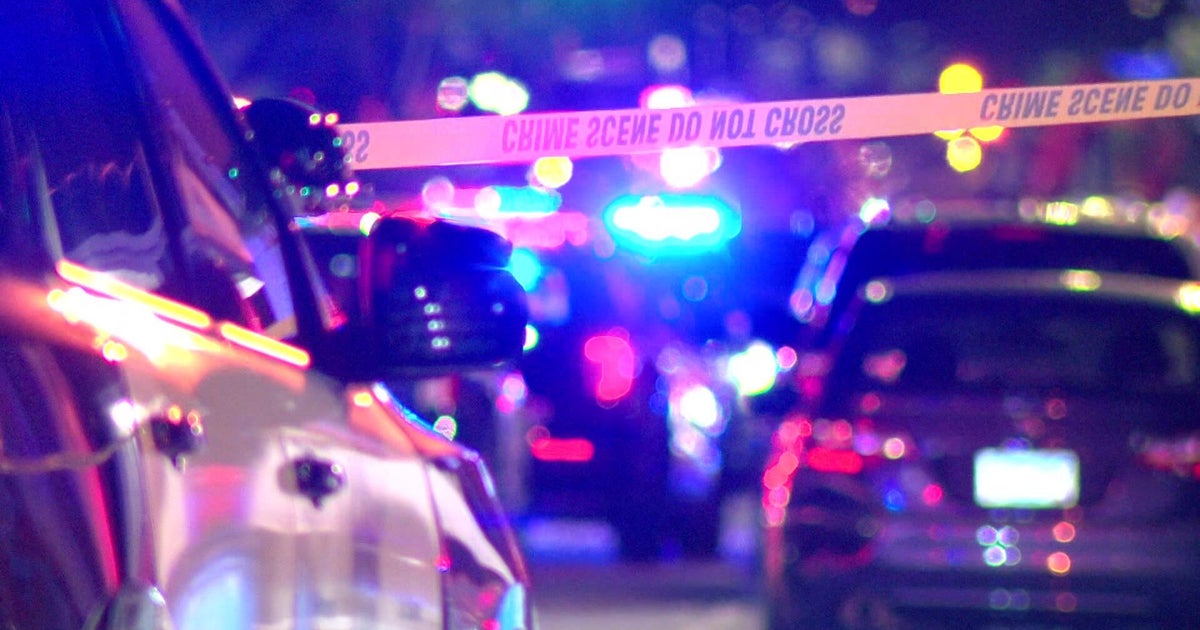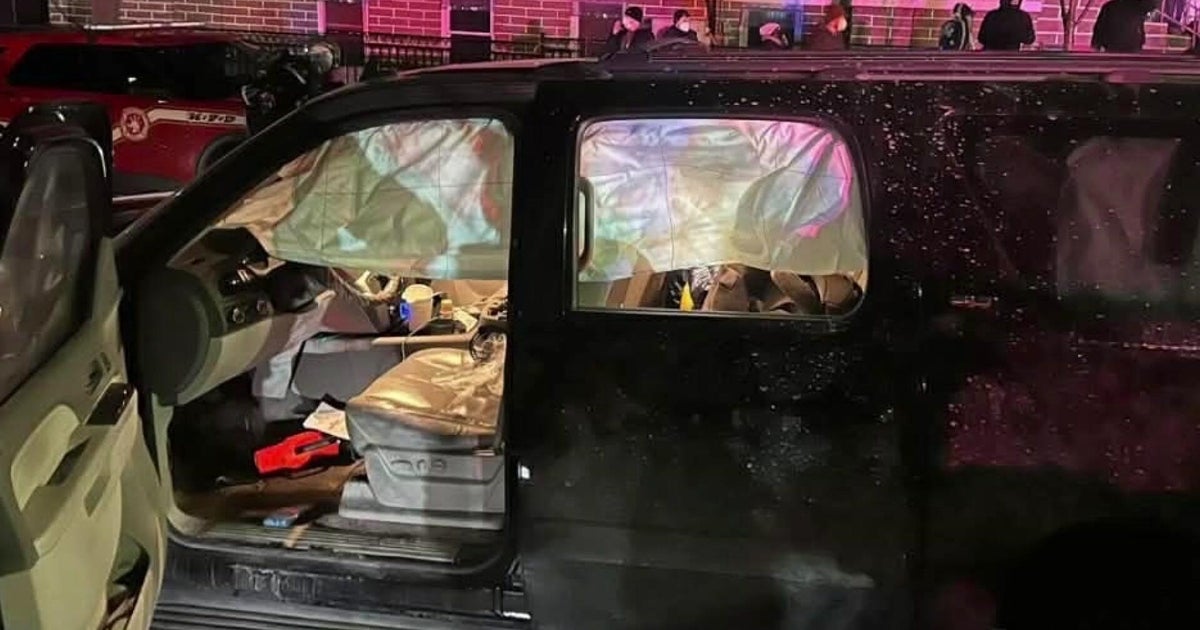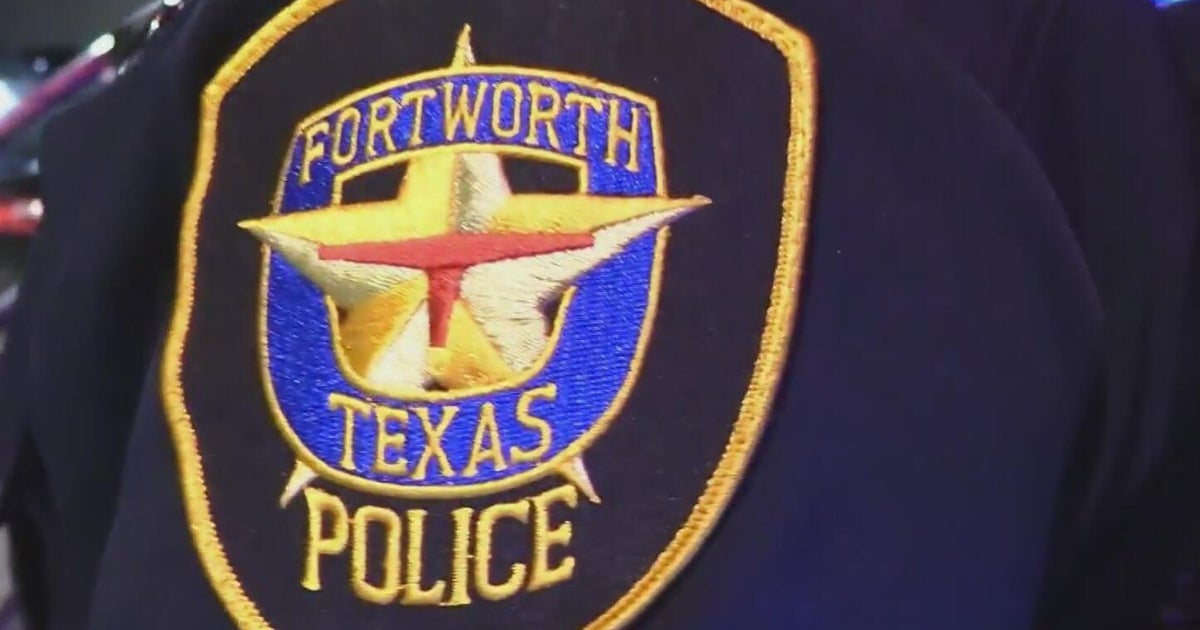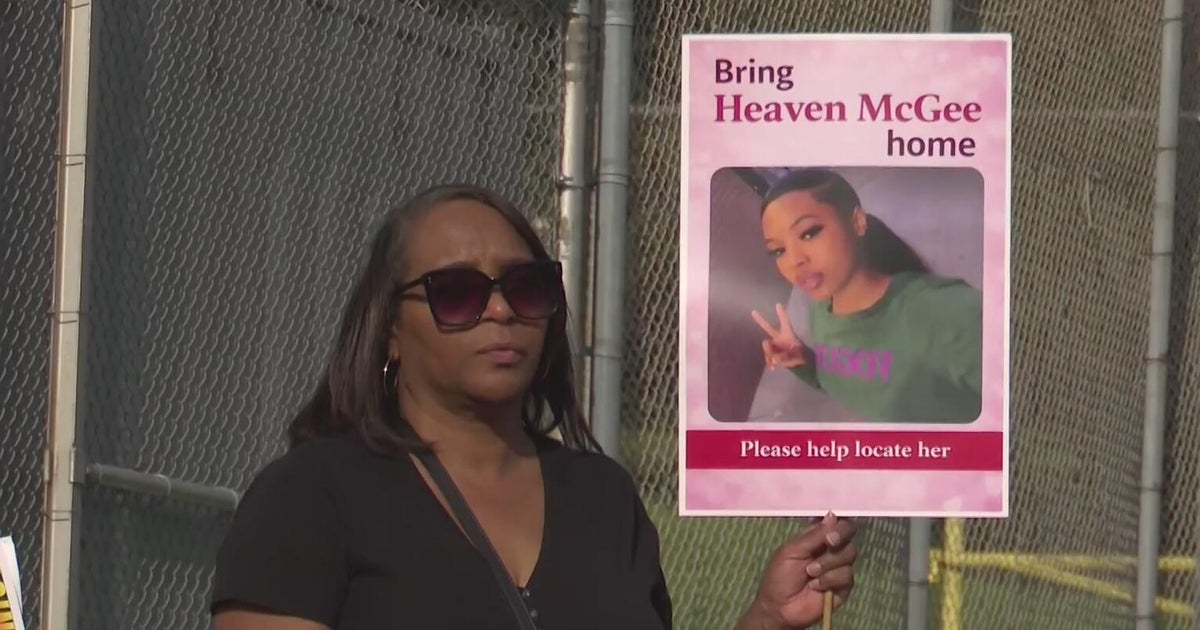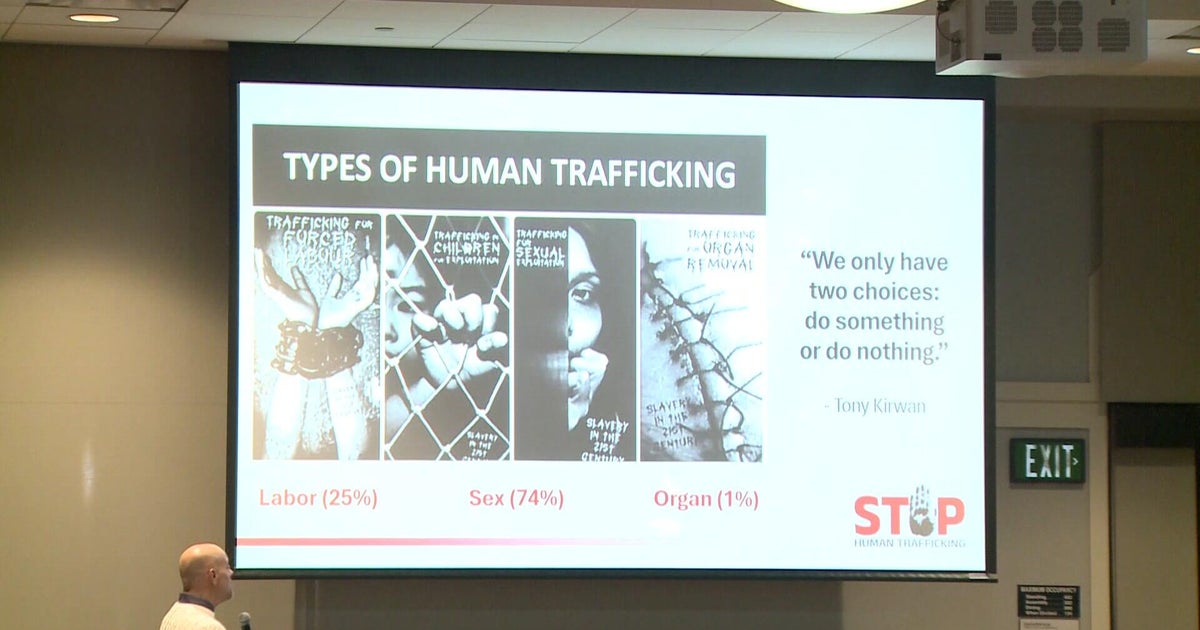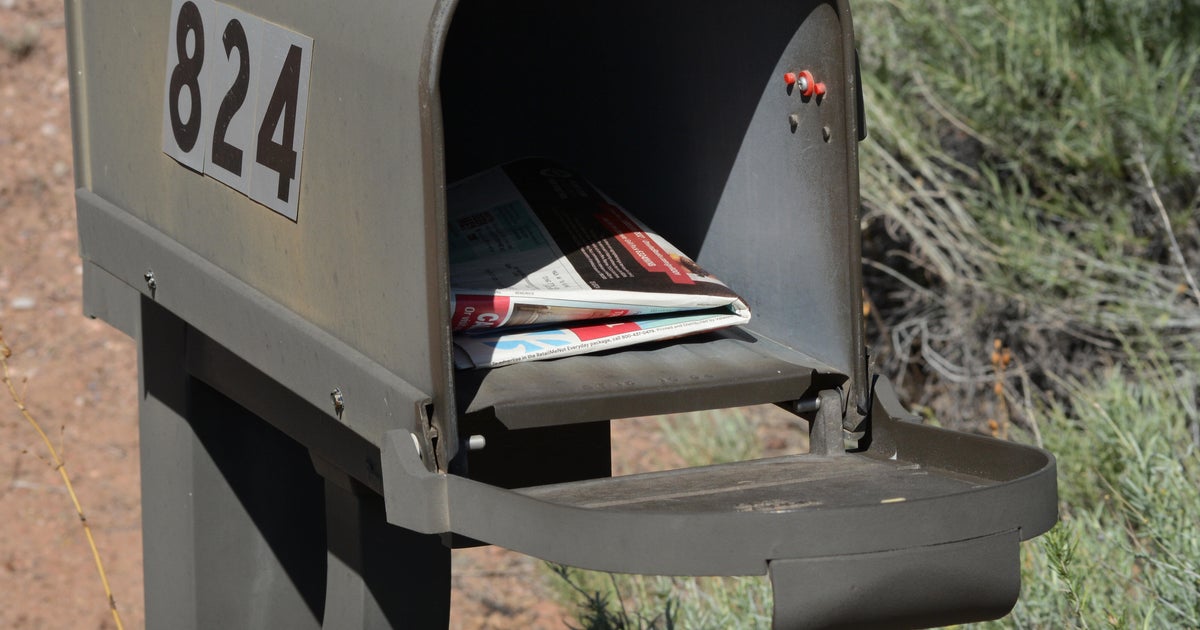Mpls. Police Stepping Up Efforts To Thwart Sex Trafficking
MINNEAPOLIS (WCCO) -- On Wednesday, the Minneapolis City Council got their first report on the latest efforts to stop child sex trafficking in the city.
"We expect this to be the first of a series of progress reports," said Susan Segal, Minneapolis City Attorney.
The city has partnered with other organizations and agencies to put a stop to child prostitution. Police say that over the last year they've used a different approach to combating sex trafficking and it's led to promising results.
Podcast
Minneapolis reports that since February 2011, 19 defendants have been charged; including 14 for felony sex trafficking, four for hiring a minor for prostitution and one for manufacture of child pornography. Also, 18 juvenile females have been rescued in the process.
Wednesday's meeting comes six months after the city council passed a resolution last August asking for the removal of Backpage.com's adult classified section. The section is heavily used by escorts and child sex traffickers.
"Because technology has changed, our investigations have changed," said Lt. Gregory Reinhardt.
Segal says that on any given day, you can find between 180 and 200 ads on Backpage.com offering escort services. The ads say the women are between the ages of 19 and 25.
"The Polaris Project did a study back in 2010," Segal said. "They did a nationwide study and estimated that in the state of Minnesota there are as many as 200 girls trafficked every day, with an average of five times a day being sold."
Minneapolis Sgt. Gary Snyder is the only Minneapolis officer solely dedicated to investigating juvenile sex trafficking. Snyder's approach to preventing and dealing with sex trafficking is victim-centered.
"Sex trafficking at its most basic level is about the commercial sexual abuse and enslavement of our kids," he said.
Snyder's approach views the child involved in the prostitution as a victim. He also is working with other agencies and even local businesses to attack the problem at a different angle.
Last week, Snyder trained hotel staff on how to identify possible juvenile sex trafficking. They expected 75 people to attend the seminar at the Normandy Inn and Suites in downtown Minneapolis and ended up with more 100.
Minneapolis police say the 18 rescued from sex trafficking are not girls from other countries being brought to Minnesota, tied up in a room. Reinhardt says every girl rescued was a runaway from neighboring cities.
"We want to rescue these girls," he said. "We want to help them out."
And because of that, Minneapolis police plan to move two sergeants into the child abuse unit to help identify possible runaways who could be prostituted.
Police also plan to add a second full-time investigator later this year, dedicated to child sex trafficking cases.

